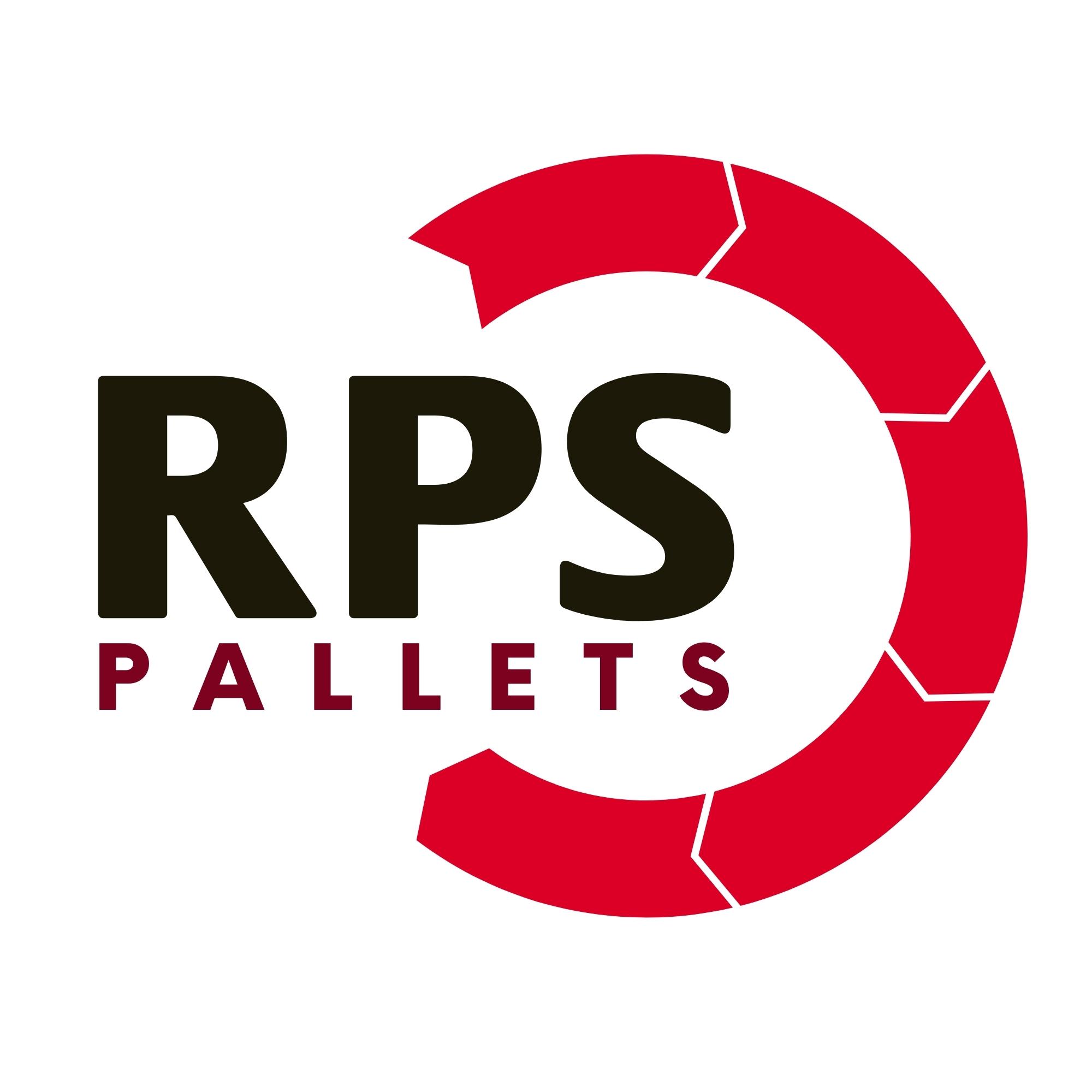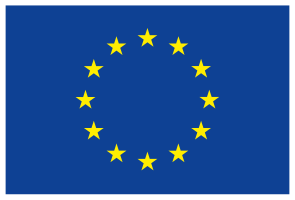PET, or polyethylene terephthalate, is a common product used in the production of many items including plastic bottles and carpets. Its popularity in the 1970s and 1980s gave way to replacing the long established glass bottles with a lightweight plastic bottle which could be used to contain carbonated soft drinks.
An article by Greener Package, reports that over the last couple of years big corporate giants, such as Coca-cola, have been conducting innovate research to find a more sustainable packaging material source in the production of plastic bottles. Petroleum-based PET contains approximately 30% monoethylene glycol (MEG) and 70% purified terephthalic acid (PTA), which Coca-cola reported they were aiming to develop a plant based substitute to create PTA.
The PET Technology Collaborative (PTC), a strategic working group merging companies such as Coca-Cola, Ford Motor, H.J. Heinz, Nike, and Procter & Gamble, would like to speed up the development of 100% plant-based PET materials in their products. In a joint announcement in June 2012, it was expressed how the successes of Coca-Cola’s trademark PlantBottle packaging technology, helped to replace petroleum-based materials with a plant-based MEG. Greener Package also reported that currently, Heinz licenses the technology from Coca-Cola for some Heinz ketchup bottles sold in America and Canada.
The development of a fully plant-based PET is still in the relatively early stages, but the collaborative companies aim to put extra effort into the research and development to help ultimately reduce the use of fossil fuels and increase recyclability.







